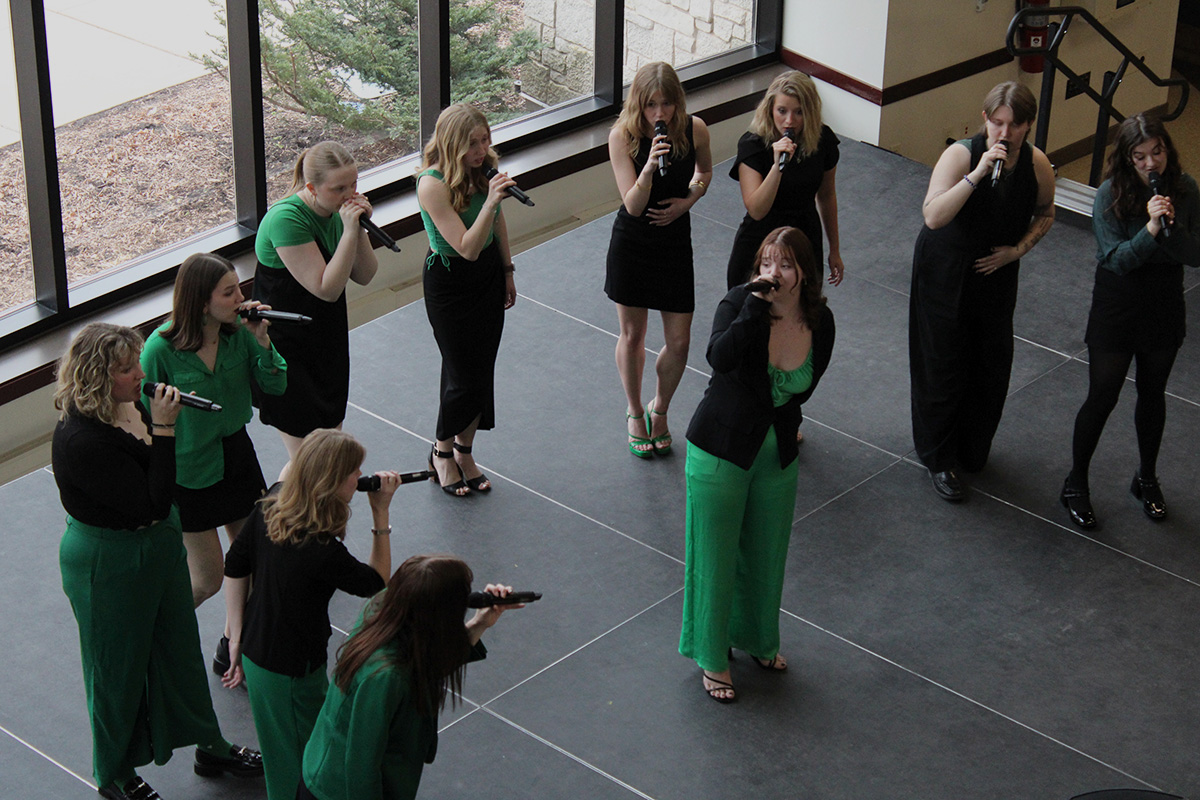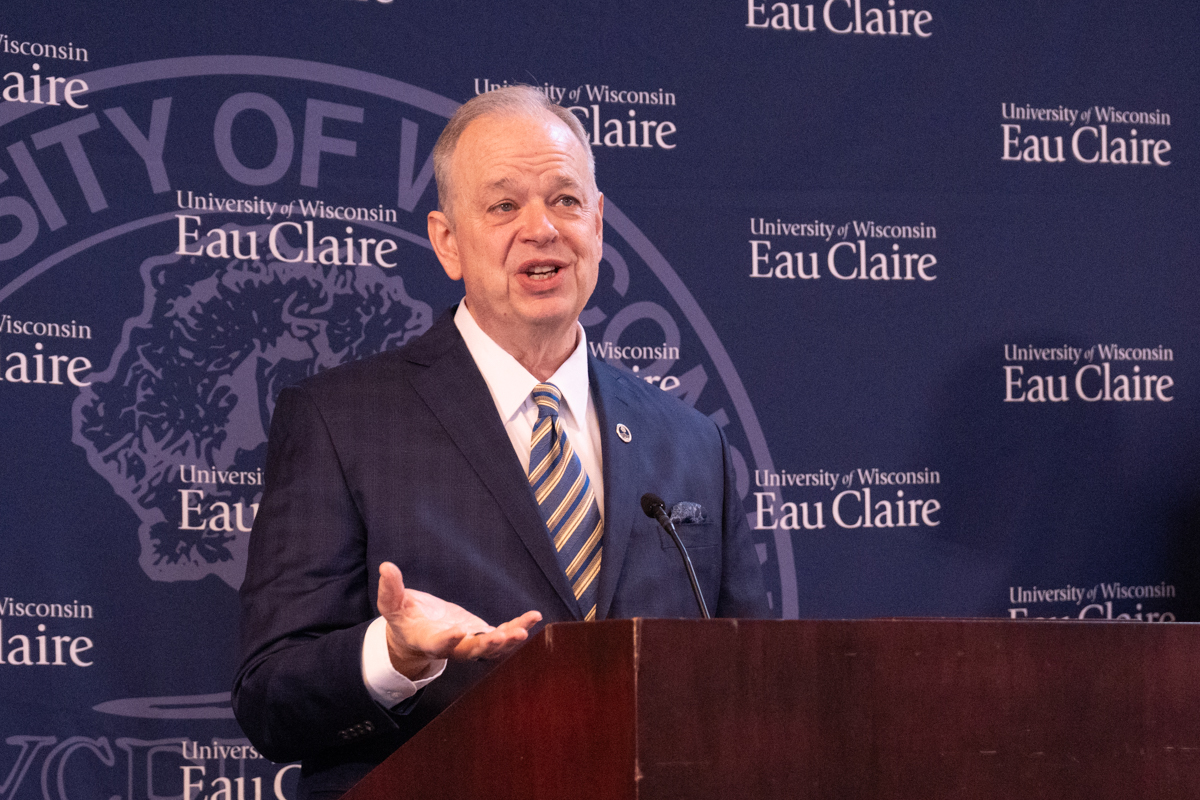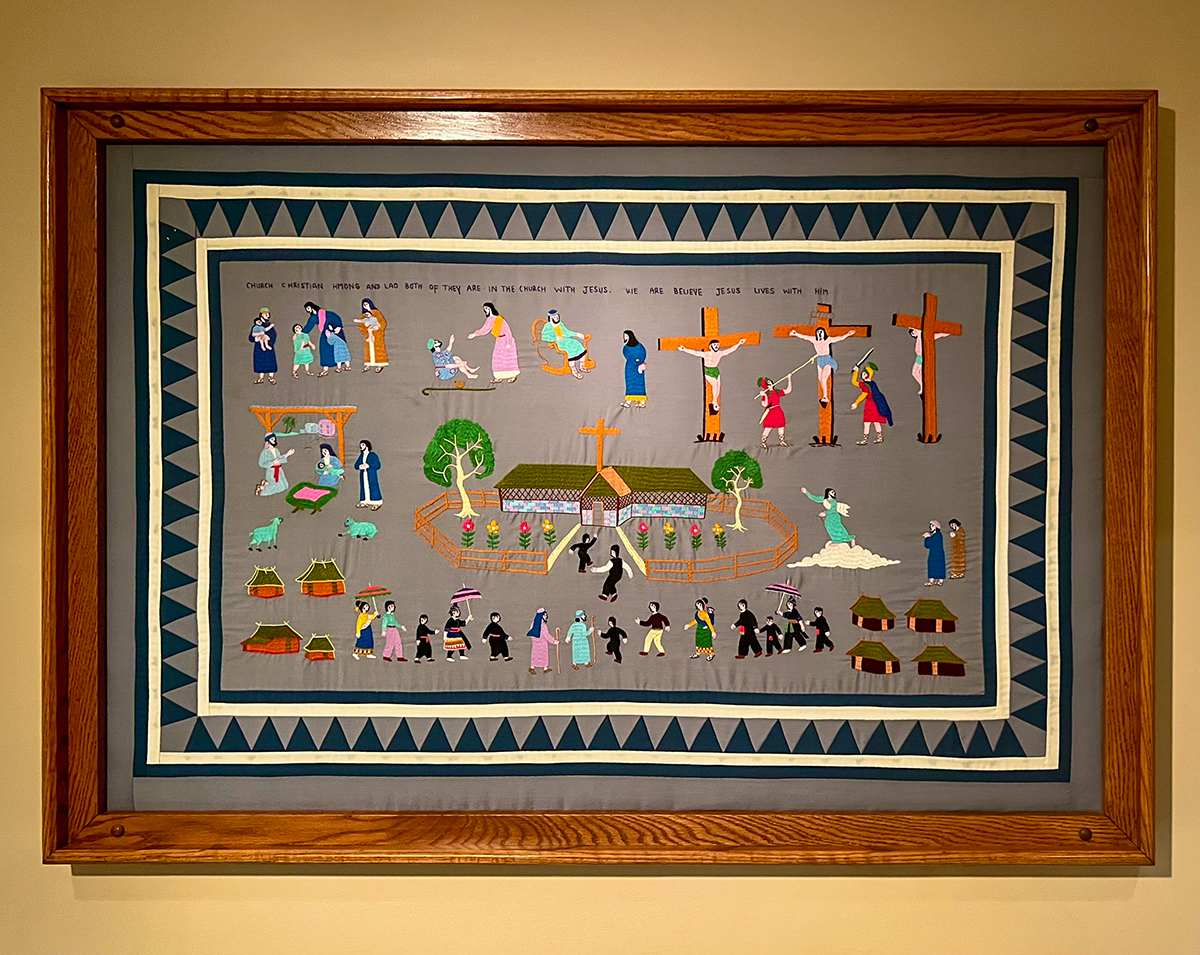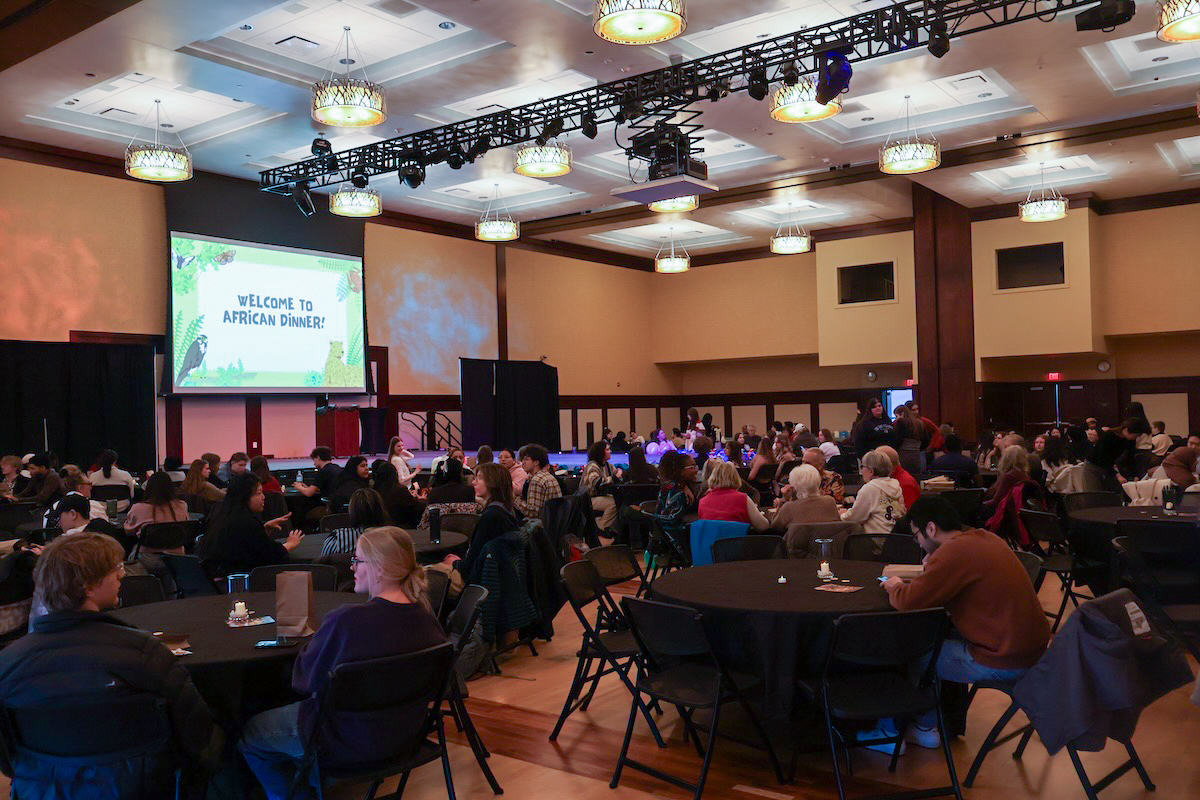Making sure students are able to fully use the student center they paid for was on the minds of UW-Eau Claire student senators at their meeting Monday.
The Senate passed a resolution in support of large item storage for student organizations in the Davies Center.
Senator Kayla Johnson presented the resolution and said during the move from the old Davies Student Center to the new one, there wasn’t an area specifically set aside for student organizations to store larger items.
While smaller items can be stored in the lockers around campus, some larger items just won’t fit, she said.
This can cause trouble for student organizations, Johnson said.
“It’s really hard when you try to keep things at your house … it’s very difficult to access things you need throughout the day if you’re holding an event,” Johnson said. “It can be very hard to coordinate when you do not have that accessibility on campus.”
Senator Stephen Fisher said having storage available would be especially useful for student organizations during campus events such as the Blugold Organizations Bash.
He said he had personally dealt with needing to bring large items to campus and having nowhere to store them.
Senator Jerrel Montgomery said having storage would be useful especially around Homecoming season.
“There was an incident where someone’s Homecoming things got ruined because they were left in the Organizations Workshop (of the old Davies Center),” he said. “It’s really important that students have the ability to leave their things in a safe space …”
Introduced: Authorized absences changes
Senator Samuel Fish introduced a resolution to modify the language of the authorized absence policy to make it better understood that for students to get an authorized absence, they do not absolutely need to go to the Dean of Students Office first.
The current language of the of the authorized absence policy states determining authorized absences “involves a joint effort between the offices of the College Dean and the Dean of Students.”
While that is true, that does not mean students should not first work with their professors when it comes to absences, because professors can authorize absences for students, Fish said.
The resolution would also add the following lines:
“A student should communicate directly with the instructor when an absence falls under one of the approved six categories. Instructors have discretion regarding requests for absences that do not fall under one of the approved six categories.”
This makes it clear to students and professors that they need not go to the Dean of Students Office first, Fish said.
“It gets some of that confusion out of the way so teachers know they have the authority to give students excused absences even if it doesn’t fall under the six definitions of what an excused absence should be,” he said.
The resolution, which has already gone through the Academic Policies Committee of the University Senate, Fish said, would get rid that particular phrasing.
With Student Senate backing up the resolution, Fish said it gives the resolution more weight.
Vice President Patrick Martin said making clear that absences other than the six basic definitions can be excused is a good thing for students.
Martin recounted the tale of a student who was also a police officer and called for jury duty during one of his finals. Jury duty is not one of the six described absences that are considered to be authorized and the student’s professor would not excuse it. It resulted in a failing grade for the student.
With the modifications made in the resolution, Fish said incidents like this would no longer happen.







